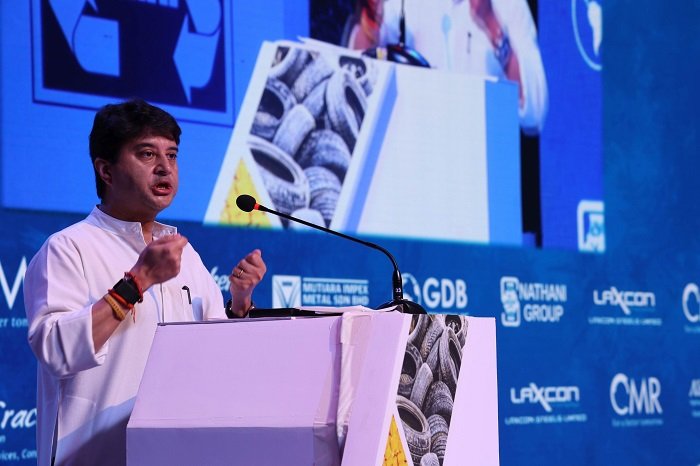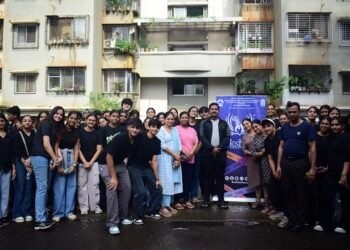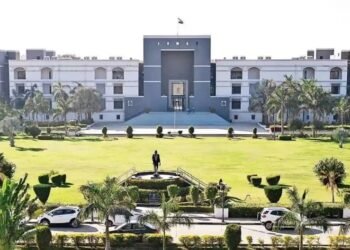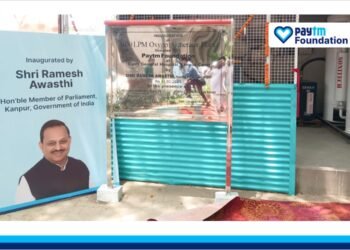India’s Steel Minister Jyotiraditya Scindia commits to circular economy and material recycling sector, aiming to increase steel production through scrap usage from 15% to 50% by 2047. Emphasizing the need for energy efficiency and CO2 reduction, the minister also acknowledges MRAI’s #remadeinindia campaign towards a greener future.
Kochi: Material Recycling Association of India (MRAI hosted the 10th edition of the International Indian Material Recycling Conference #10thIMRC2023 from 2 – 4 February 2023 in Grand Hyatt Kochi, Bolgatty, Kerala. The biggest-ever meet of global recyclers saw 1800+ Delegates, including 450 Foreign Delegates from 38 countries. The conclave created focussed on highlighting a deeper insight into maximizing the rate of recycling, protect natural resources, minimize environmental pollution, create more employment opportunities and help achieve the sustainable development goal of India’s commitment of carbon neutrality by 2070.
Jyotiraditya Scindia Hon’ble Minister Ministry of Steel was the Chief Guest at the Plenary Session on the last day of the national conference. The event was also graced by Ms Ruchika Chaudhary Govil, Additional Secretary Ministry of Steel and Dr. Harshadeep Kamble (IAS), Principal Secretary – Industry & Mines, Maharashtra State Government alongwith several other dignitaries.
Speaking at the Plenary Session Jyotiraditya Scindia Hon’ble Minister Ministry of Steel shared, “We are responsible as stakeholders for the generation that is yet to come, thus the material recycling sector is important. India’s journey to the Amritkal will be visionary. I am fully committed to the circular economy and recycling sector of India and increase per capita consumption of Steel. 22% of our steel is produced through recycling but we need to include the informal sector for the development of the sector as well. For our commitment to Net Zero by 2070, we can look at short term goals by using energy efficiency tools by 20% by 2030. 22% production of scrap from steel needs to be increased, as per policy. ‘Scrap’ is a virtuous word that denotes a green economy to sustain Mother Earth in the years to come. It is also important to incentivize the unorganized sector so that we have volumes towards the commitment of the future of recycling. It is our commitment that by 2030 we should reduce CO2 emissions by 50% from the current 2.85 to 1.4 CO2/ton of crude steel produced and to be able to do that scrap is an extremely important source. Today’s 15% of scrap usage which will increase to almost 25% in the next 5 years with the Vision of 2047, that means the percentage of scrap for production of steel should go upto 50% and only 50% to be dependent on iron ore. You are an industry that contributes to the today of India and it needs to be pushed in years to come.” He also acknowledged MRAI’s flagship campaign #remadeinindia for creating awareness on India’s SDG’s towards climate action.
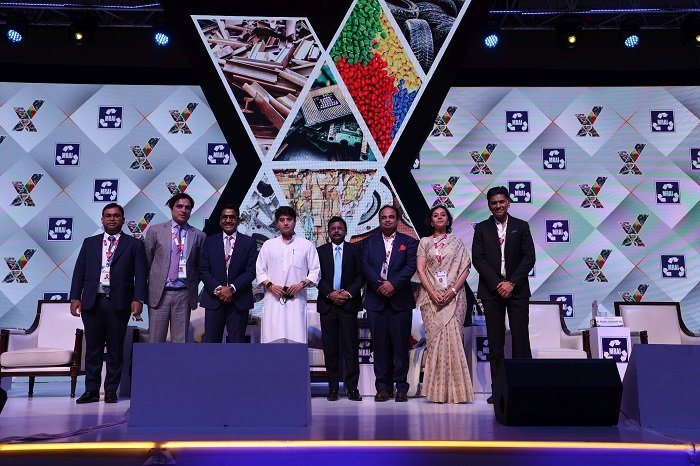
Union Minister of Road Transport and Highways Nitin Gadkari also spoke at the session on Role of Sustainability in India’s Growth Trajectory of the day 2 . He shared, “Today the recycling industry is one of the most important industries for the country. The other important philosophy which I always appreciate is conversion of waste into wealth”
Dr. Harshadeep Kamble (IAS), Principal Secretary – Industry & Mines, Maharashtra State Government shared “MRAI has been doing commendable work as the Knowledge Partner towards defining the policy for the upcoming Circular Economy parks in Maharashtra”.
The conference focused on various aspects of Materials in India & International Markets like Ferrous, Non-Ferrous, Circular Economy, Plastic, E-Waste, Tyre Recycling, Battery Recycling will provide the comprehensive industry-driven information on Material Recycling in the World.
Sanjay Mehta, President, MRAI shared, “As being the world’s second-largest steel producer, India needs to become a responsible steel producer and therefore, we anticipate incremental usage of scrap in the coming years. MRAI also urges the government to enhance the usage of secondary steel in government infrastructure projects, announce circular economy recycling parks and its appropriate policies for their implementation which will gain importance in 2023. From sustainable development and climate change mitigation considerations, it is important that recycling is given clear focus and strong impetus in the industry sector”. The recycling industry is highly unorganised and is worth about USD50 billion now. There are over 25,000 recycling units in the country.
The 3- day event saw multiple Panel Discussions like Plastic Recycling EPR Policy & BIS Standards, Policy Framework & Technological Advancement in Tyre Recycling etc.
The conference was attended by eminent international industry leaders, Govt. of India Officials from Ministry of Steel, Ministry of Mines, Ministry of Environment, Forest & Climate Change, Ministry of Commerce & Industry, NITI AAYOG, Ministry of Electronics, Information & Technology, Ministry of Shipping, Bureau of Indian Standards and more.

